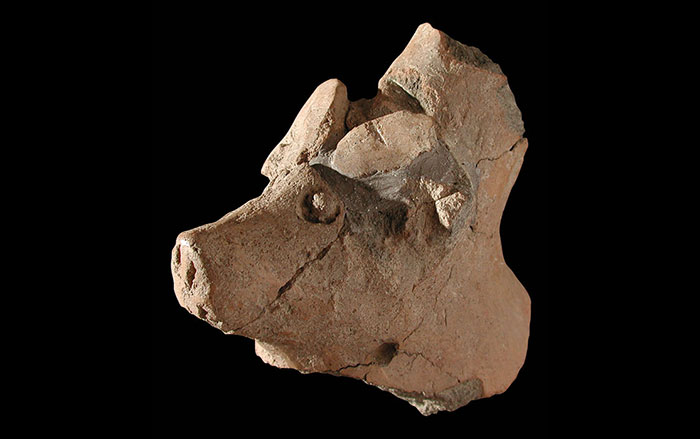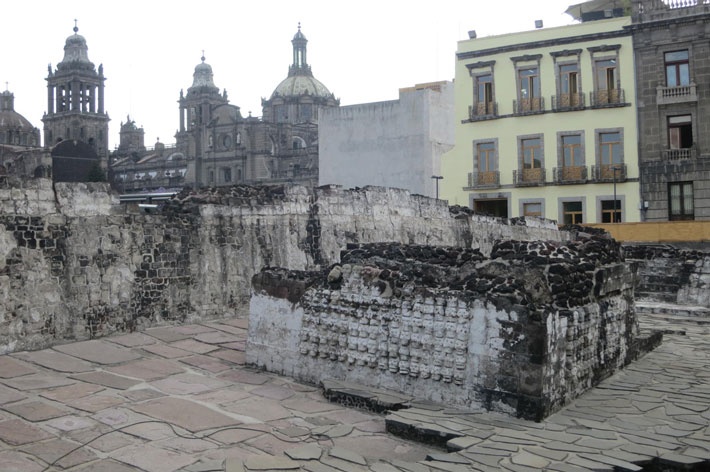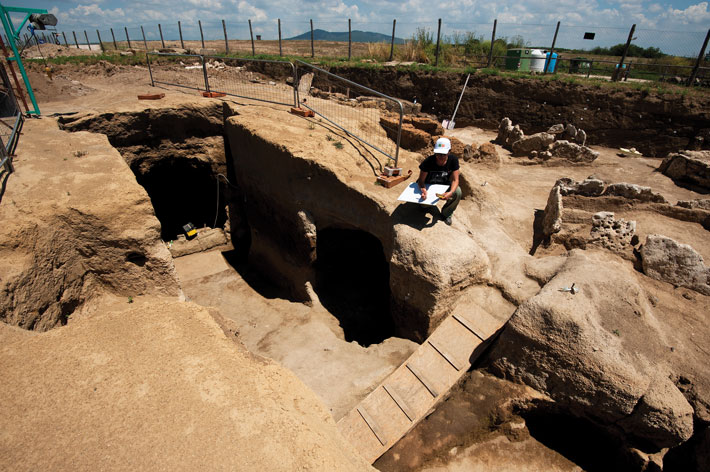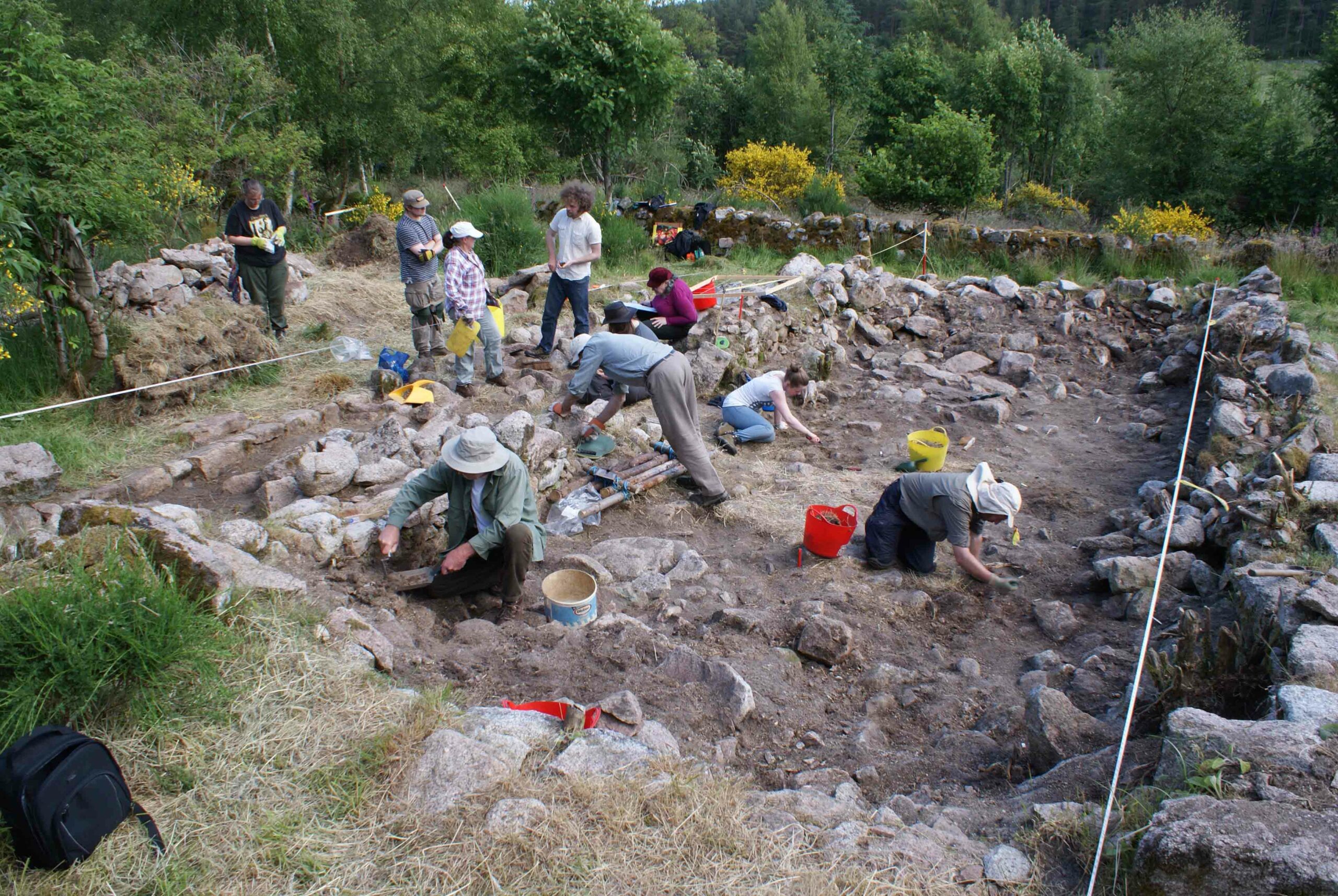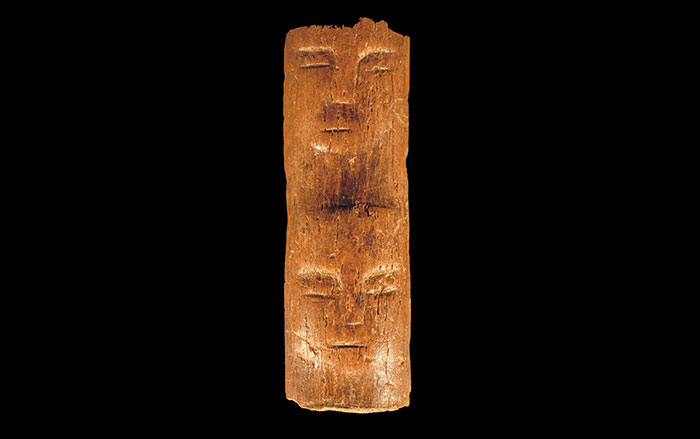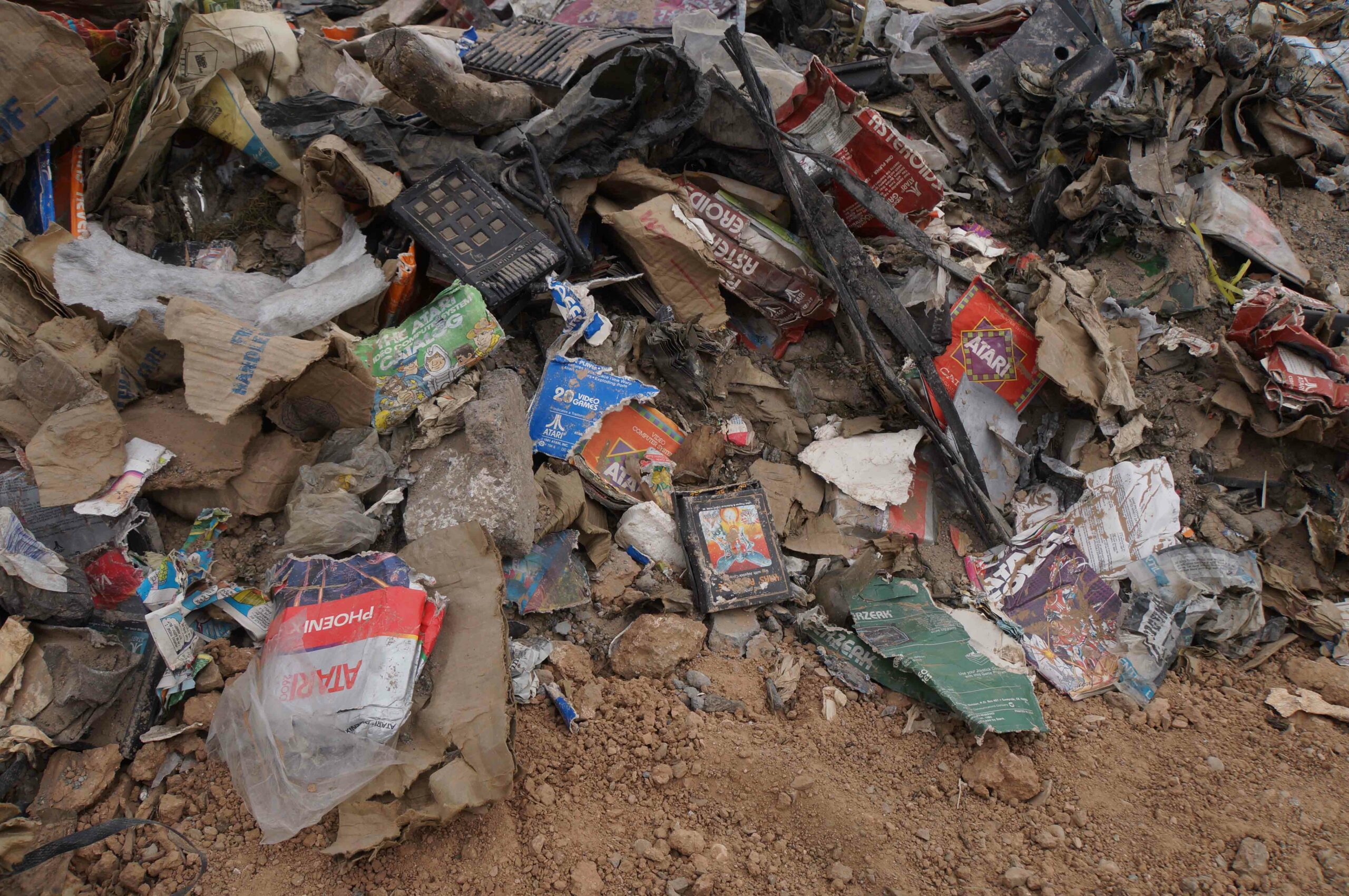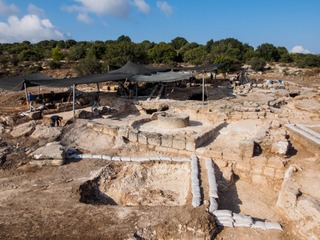
JERUSALEM—A walled compound dating to the Byzantine period has been discovered west of Jerusalem, in the neighborhood of Bet Shemesh. The compound, which has residential and large-scale industrial areas, may have been used as a monastery. “The finds indicate the local residents were engaged in wine and olive oil production for their livelihood,” excavation director Irene Zilberbod of the Israel Antiquities Authority told the Xinhua News Agency. Several colorful mosaics were found in the residential areas—one featured a cluster of grapes surrounded by flowers and set in a geometric frame. Two ovens were also uncovered. “The magnificent mosaic floors, windows, and roof tile artifacts, as well as the agricultural-industrial installations inside the dwelling compound, are all known to us from numerous other contemporary monasteries,” Zilberbod said. To read about a recent, similar discovery, see ARCHAEOLOGY's "Byzantine Mosaics Discovered in Israel."



